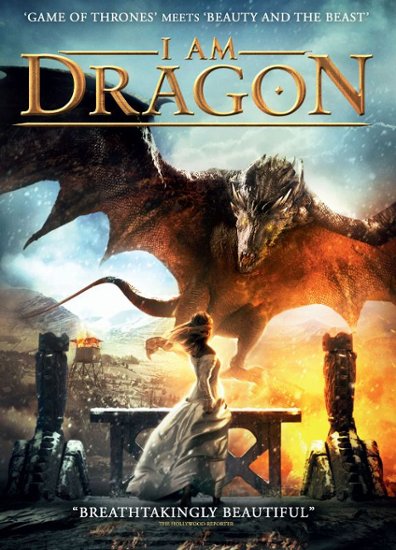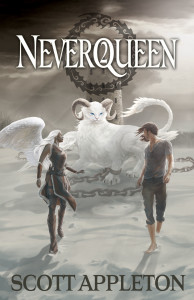I am writing this article from my iPhone. Isn’t technology amazing? Only a decade ago I never would’ve dreamed of using one of these devices to accomplish my writing needs. You might think that I am off topic, if I am talking about verbs, but give me a second and I will get back around to the point.
One of my favorite Star Wars novels is titled Traitor and it was written by Mathew Stover. It was a fantastic read and I remember going back to it again and again to study the writing technique. Both the story and the dialogue felt exceedingly natural. Smooth as butter to read. Something that every writer strives to achieve, but does not always succeed in doing, when creating a novel.
I have seen interviews with some authors who no longer type out their stories, rather they will take a walk or a hike and dictate their books. Personally I find this fascinating. We can talk so much faster than we can type, but my fear is that going back and editing all of those pages of dictation will require too much work. But sitting here now, dictating to my iPhone for this article I am honestly astounded at where technology has come.
There is a learning curve to everything and I wonder where the next phase of writing will take us.
Most recently I have been finishing the rework of my first novel. It is turning out so well, and it is very satisfying to feel this way about it. But an odd thing has happened in the editing process. Odd to me anyway!
Over a decade ago when I first entered the book publishing world, I was instructed by several editors and a couple of respected writers to eliminate a lot of simple verbs in my stories. Verbs such as was, were, did, had, etc. The result was that I chose many substitutes for the simple verbs, opting for active verbs instead. Looking back now I am not so sure that was the right choice.
In the past few months I have read novels like Ender’s Game by Orson Scott card, and Jurassic Park by Michael Crichton. Their use of verbs is far more similar to my first instincts on writing. I find this fascinating! And so in the reworking of Swords of the Six I have rewritten large portions, bringing it back to the more literary style that I have enjoyed in books I’ve read.
The truest form of storytelling is verbal narrative, And I feel that the best written stories read as if someone is telling you the story. Perhaps we have reached a point where the rules of writing are destroying the art of writing. And perhaps the technology that we now possess is capable of liberating us from the tyranny of what is acceptable to the gatekeepers. In part, at least, this is true.
 Are you tired of movies that rely on action scenes to keep your interest? I am. Though I do appreciate action when it is applied properly, the heart of a story is never the battles, it is the soul of the characters and the arc of mystery, intrigue, or romance that they are following. You could say that the drama is the most important aspect of any good story. It grabs your attention and holds you through to the end because it gives you human elements that you can relate to. You may not understand what it is like to fight in a war, or touch a majestic beast, or be wounded in battle. But you probably do understand what its like to fall for a beautiful woman, or lose one you love, to struggle financially, or to battle physical illness or handicap.
Are you tired of movies that rely on action scenes to keep your interest? I am. Though I do appreciate action when it is applied properly, the heart of a story is never the battles, it is the soul of the characters and the arc of mystery, intrigue, or romance that they are following. You could say that the drama is the most important aspect of any good story. It grabs your attention and holds you through to the end because it gives you human elements that you can relate to. You may not understand what it is like to fight in a war, or touch a majestic beast, or be wounded in battle. But you probably do understand what its like to fall for a beautiful woman, or lose one you love, to struggle financially, or to battle physical illness or handicap.


Recent Comments